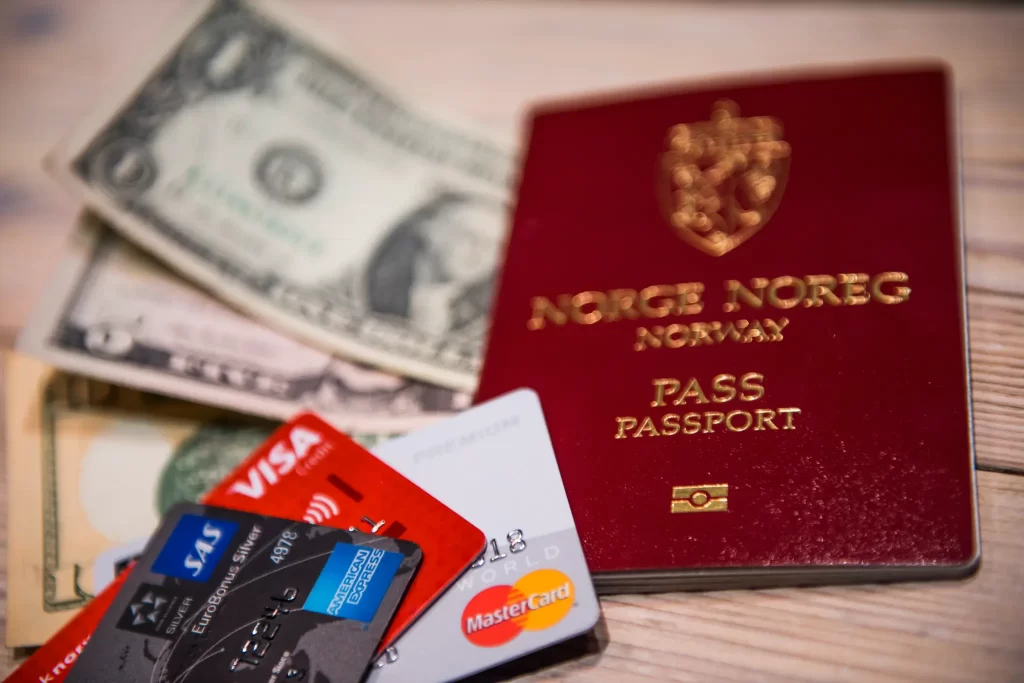The Electronic System for Travel Authorization (ESTA) is a crucial component of the United States‘ Visa Waiver Program (VWP), designed to streamline the entry process for travelers from participating countries. ESTA has transformed the way people from these countries plan and execute their visits to the U.S., making it essential to understand its intricacies, application process, and the broader impact on travel.
What is ESTA?
ESTA is an automated system that determines the eligibility of visitors to travel to the United States under the VWP. It was introduced in 2008 by the U.S. Department of Homeland Security (DHS) to enhance security measures and facilitate easier travel for citizens of VWP countries. Unlike a traditional visa, which involves a more extensive application process, ESTA applications can be completed online, making it more convenient for travelers.
Key Features of ESTA
- Eligibility: ESTA is available to citizens of 39 countries that are part of the VWP. These countries have met stringent requirements set by the U.S. government regarding passport security, law enforcement cooperation, and other factors.
- Purpose of Travel: ESTA is intended for travelers visiting the U.S. for tourism, business, or transit purposes for up to 90 days. It is not valid for those seeking to work, study, or stay in the U.S. for extended periods.
- Validity: Once approved, an ESTA is valid for two years or until the traveler’s passport expires, whichever comes first. This allows for multiple trips to the U.S. without needing to reapply each time, provided the trips are within the allowed duration.
- Application Process: The ESTA application is completed online through the official DHS website. Applicants must provide biographical information, passport details, and answer a series of security-related questions. The application fee is currently $21, which includes a processing fee and a travel promotion fee.
The Application Process
The ESTA application process is straightforward but requires careful attention to detail. Here is a step-by-step guide:
- Access the Official Website: Applicants should visit the official DHS website to begin the application process. It is crucial to use the correct website to avoid scams and additional charges from third-party services.
- Complete the Form: The application form requires personal details, passport information, and travel plans. Applicants must also answer eligibility questions related to health, criminal history, and previous travel to the U.S.
- Review and Submit: After completing the form, applicants should carefully review their information for accuracy. Mistakes can lead to delays or denial of the application.
- Pay the Fee: The $21 fee is paid online using a credit or debit card. This fee covers both the processing and travel promotion costs.
- Receive Approval: In most cases, applicants receive a response within minutes. However, it can take up to 72 hours. Approved applicants can travel to the U.S. under the VWP, while those denied must apply for a traditional visa.
Benefits of ESTA
ESTA offers numerous benefits to both travelers and the U.S. government:
- Efficiency: The online application process is quick and straightforward, allowing travelers to plan their trips with ease.
- Security: ESTA enhances security by pre-screening travelers before they arrive in the U.S. This helps identify potential security threats and prevents entry to those who may pose a risk.
- Cost-Effective: At $21, the ESTA application fee is significantly lower than the cost of a traditional visa, making it more accessible for travelers.
- Convenience: With a two-year validity period, ESTA allows for multiple trips to the U.S. without the need for reapplication, provided each stay is within the 90-day limit.
Common Issues and Misconceptions
Despite its advantages, travelers often encounter issues or have misconceptions about ESTA:
- Not a Visa: Some travelers mistakenly believe that ESTA approval equates to a visa. It is essential to understand that ESTA is a travel authorization, not a visa. Those who do not qualify for ESTA must apply for a visa through the U.S. Embassy or Consulate.
- Reapplication Requirements: Travelers must reapply for ESTA if they receive a new passport, change their name, gender, or nationality, or if any answers to the eligibility questions change.
- Denial and Appeals: If an ESTA application is denied, the applicant must apply for a visa. There is no appeal process for ESTA denials, which underscores the importance of accurate and honest responses on the application form.
Conclusion
ESTA has significantly simplified travel to the United States for citizens of Visa Waiver Program countries. By understanding the application process, eligibility requirements, and common issues, travelers can ensure a smooth and hassle-free experience. As the system continues to evolve, it remains a vital tool for balancing the need for security with the desire to facilitate international travel.


